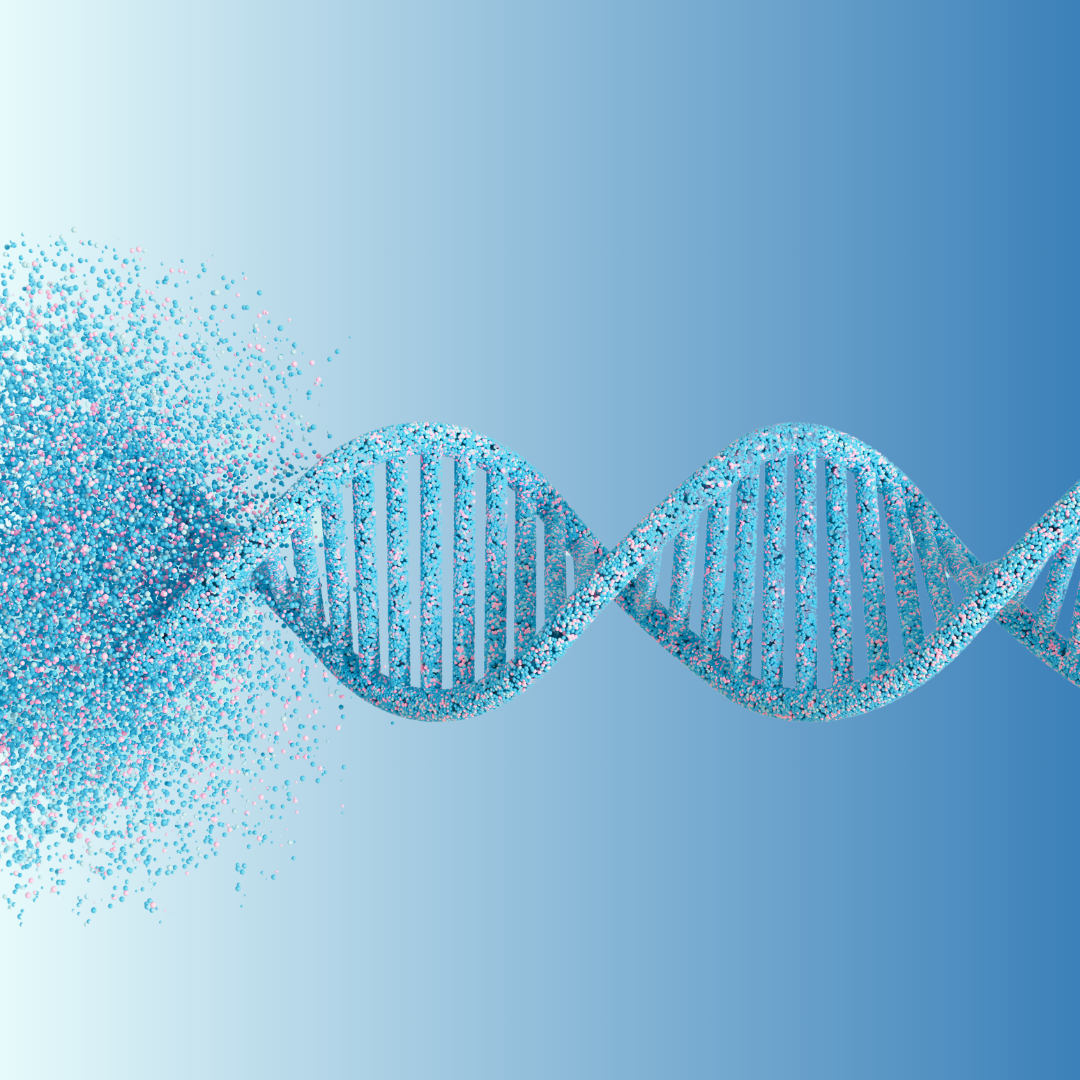How to Avoid a Genetic Arms Race
By Yelena Biberman and Jonathan D. Moreno,
Bioethics Forum
| 04. 16. 2024
A quiet biological revolution in warfare is underway. The genome is emerging as a new domain of conflict. The level of destruction that only nuclear weapons could previously achieve is fast becoming as accessible as a cyberattack.
Now for the bad news. Great power conflicts and proxy wars are back. The rules-based world order crumbles while an unpredictable–and potentially unstable–multipolar one emerges.
Rapidly accelerating breakthroughs in our ability to change the genes of organisms are generating medically thrilling possibilities. They are also generating novel capabilities for biological weapons, a form of warfare that has been largely abandoned for decades. Take the recent AI-enabled advancements in gene-editing, construction of artificial viral vectors for human genome remodeling, protein folding, and the creation of custom proteins. Far outpacing the regulatory environment, these advances are facilitating the weaponization and delivery of harmful bioagents–overcoming impediments that previously made biological weapons impractical.
Speculation about “genetic weapons” capable of singling out specific groups for infection dates back to the 1970s. In 2012, Vladimir Putin mused publicly about weapons that could be “as effective as...
Related Articles
By Mike McIntire, The New York Times | 01.24.2026
Genetic researchers were seeking children for an ambitious, federally funded project to track brain development — a study that they told families could yield invaluable discoveries about DNA’s impact on behavior and disease.
They also promised that the children’s sensitive...
By Arthur Lazarus, MedPage Today | 01.23.2026
A growing body of contemporary research and reporting exposes how old ideas can find new life when repurposed within modern systems of medicine, technology, and public policy. Over the last decade, several trends have converged:
- The rise of polygenic scoring...
By Danny Finley, Bill of Health | 01.08.2026
The United States Food and Drug Administration (FDA) has a unique funding structure among federal scientific and health agencies. The industries it regulates fund nearly half of its budget. The agency charges companies a user fee for each application
...
By George Janes, BioNews | 01.12.2026
A heart attack patient has become the first person to be treated in a clinical trial of an experimental gene therapy, which aims to strengthen blood vessels after coronary bypass surgery.
Coronary artery bypass surgery is performed to treat...




